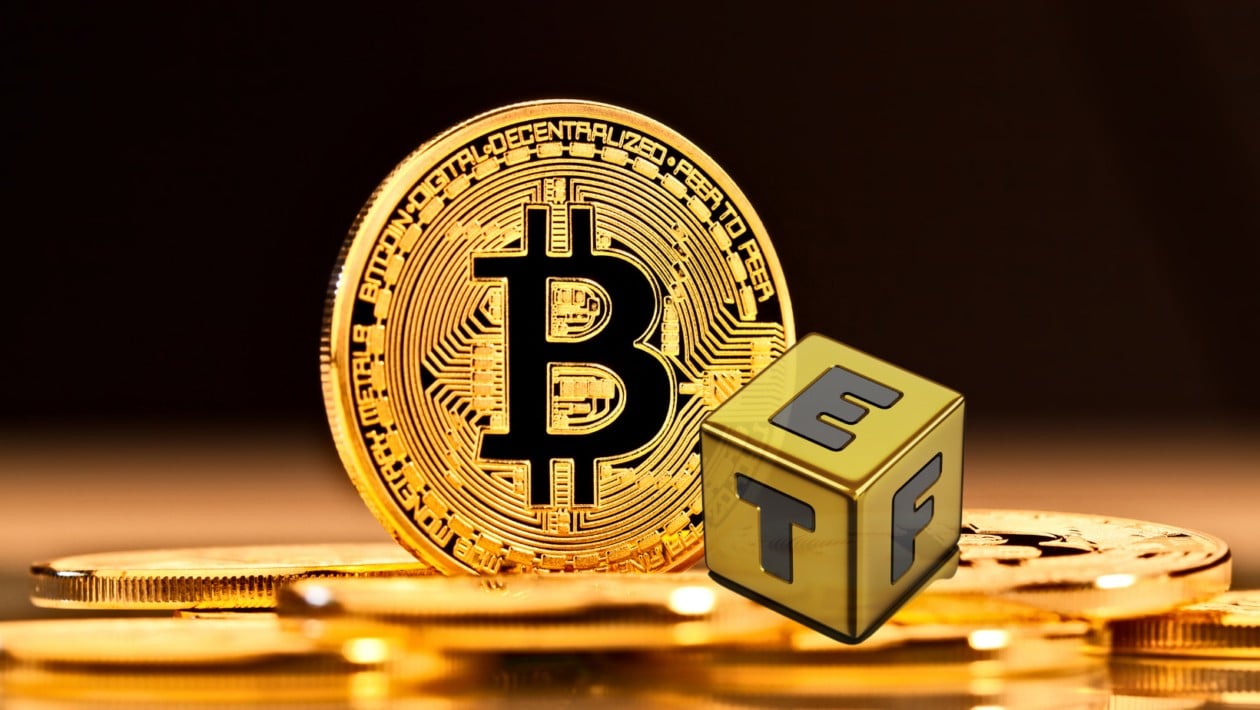Key Points:
-
Luxembourg’s Intergenerational Sovereign Wealth Fund (FSIL) has allocated 1% of its portfolio to Bitcoin ETFs, marking a European first among state-backed investors.
-
The move signals a measured entry into crypto exposure through regulated products amid growing institutional acceptance.
-
The allocation, worth about $9 million, comes as the fund expands its policy to include up to 15% in alternative assets.
Luxembourg Makes a Cautious Yet Symbolic Bitcoin Bet
Luxembourg’s sovereign wealth fund has made a landmark move into digital assets, allocating 1% of its holdings to Bitcoin exchange-traded funds (ETFs) — one of the first instances of a European state-backed institution investing in Bitcoin-linked products.
The decision was confirmed by Bob Kieffer, Director of the Treasury and Secretary General, who shared details of the investment on Wednesday via LinkedIn. According to Kieffer, Finance Minister Gilles Roth revealed the allocation during his presentation of the 2026 Budget at the Chambre des Députés, Luxembourg’s parliament.
“Recognizing the growing maturity of this new asset class, and underlining Luxembourg’s leadership in digital finance, this investment is an application of the FSIL’s new investment policy,” Kieffer wrote.
The Fonds Souverain Intergénérationnel du Luxembourg (FSIL) manages roughly €764 million ($888 million) in assets. The 1% allocation equates to approximately $9 million, spread across regulated Bitcoin ETFs rather than direct cryptocurrency purchases.
Policy Shift Reflects Growing Institutional Confidence
The move follows the Luxembourg government’s July 2025 approval of a new investment policy for FSIL, which allows up to 15% of the fund’s assets to be deployed into alternative investments — including crypto, private equity, and real estate.
While the fund will continue to focus primarily on traditional equity and debt markets, the decision to include Bitcoin ETFs signals a measured evolution in the country’s approach to digital assets.
“To avoid operational risks, the exposure to Bitcoin has been taken through a selection of ETFs,” Kieffer said, highlighting the government’s cautious stance toward direct cryptocurrency custody.
This framework, finalized in late September, followed a six-month policy review and was described as a “significant evolution” aimed at aligning FSIL’s strategy with the country’s long-term economic, social, and environmental priorities.
A Turning Point for State-Level Crypto Exposure in Europe
Luxembourg’s move places it among the first European governments to recognize Bitcoin as part of an official investment portfolio — albeit indirectly. The country’s role as a European financial hub, hosting major payment processors and fintech firms, gives the decision added weight across the continent.
The development also arrives just months after Luxembourg’s 2025 national risk assessment report classified crypto companies as “high-risk” for money laundering — underscoring the government’s dual-track approach: cautious regulation paired with strategic participation.
“Given the FSIL’s particular profile and mission, the fund’s management board concluded that a 1% allocation strikes the right balance while sending a clear message about Bitcoin’s long-term potential,” Kieffer wrote.
Analysts note that this small but symbolic step could pave the way for broader sovereign and institutional adoption of Bitcoin ETFs across Europe, particularly as exchange-traded crypto products mature and gain regulatory traction under the EU’s Markets in Crypto-Assets (MiCA) framework.
Broader Implications for Global Crypto Integration
Luxembourg’s cautious exposure reflects a growing institutionalization of Bitcoin as a portfolio diversifier, particularly amid global inflation concerns and mounting fiscal pressures. Sovereign funds, traditionally conservative in their strategies, have begun exploring limited crypto exposure as part of a hedge against currency debasement and to capture long-term innovation potential.
“The 1% allocation may look small, but it’s strategically significant,” said Elena Roussel, a digital asset strategist at BlockTrace Europe. “It signals that Bitcoin is no longer viewed as a fringe asset, but as a component of long-term wealth preservation.”
With over $11 trillion in global sovereign wealth fund assets, even a modest reallocation toward Bitcoin ETFs could have material market impact. Luxembourg’s decision could serve as a policy template for other EU nations seeking compliant ways to gain digital asset exposure.
For now, FSIL’s measured entry marks another step in Bitcoin’s mainstream integration — one that bridges traditional finance and the digital asset economy in the heart of Europe.













https://shorturl.fm/j5VOH
https://shorturl.fm/fknOI
https://shorturl.fm/iHjRY